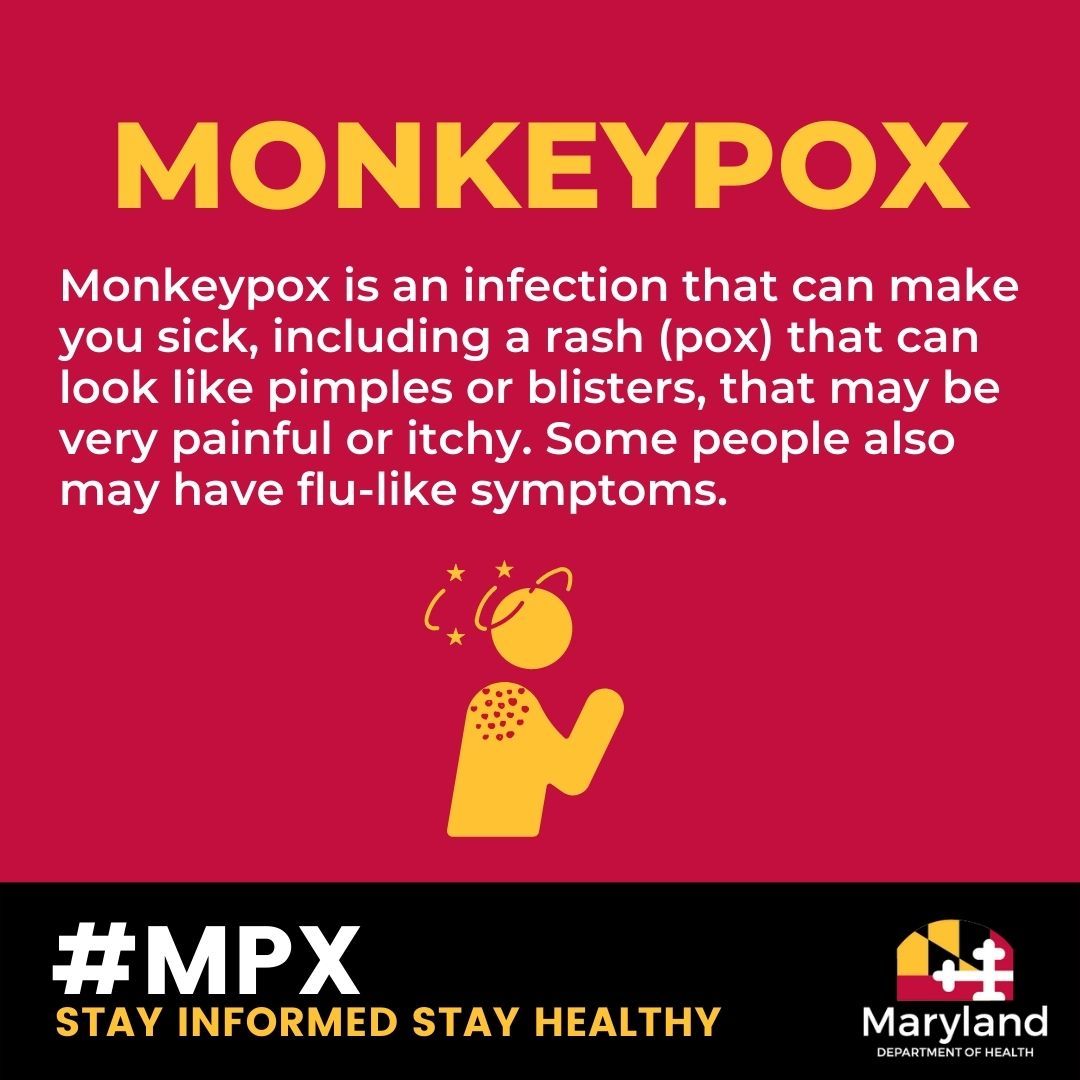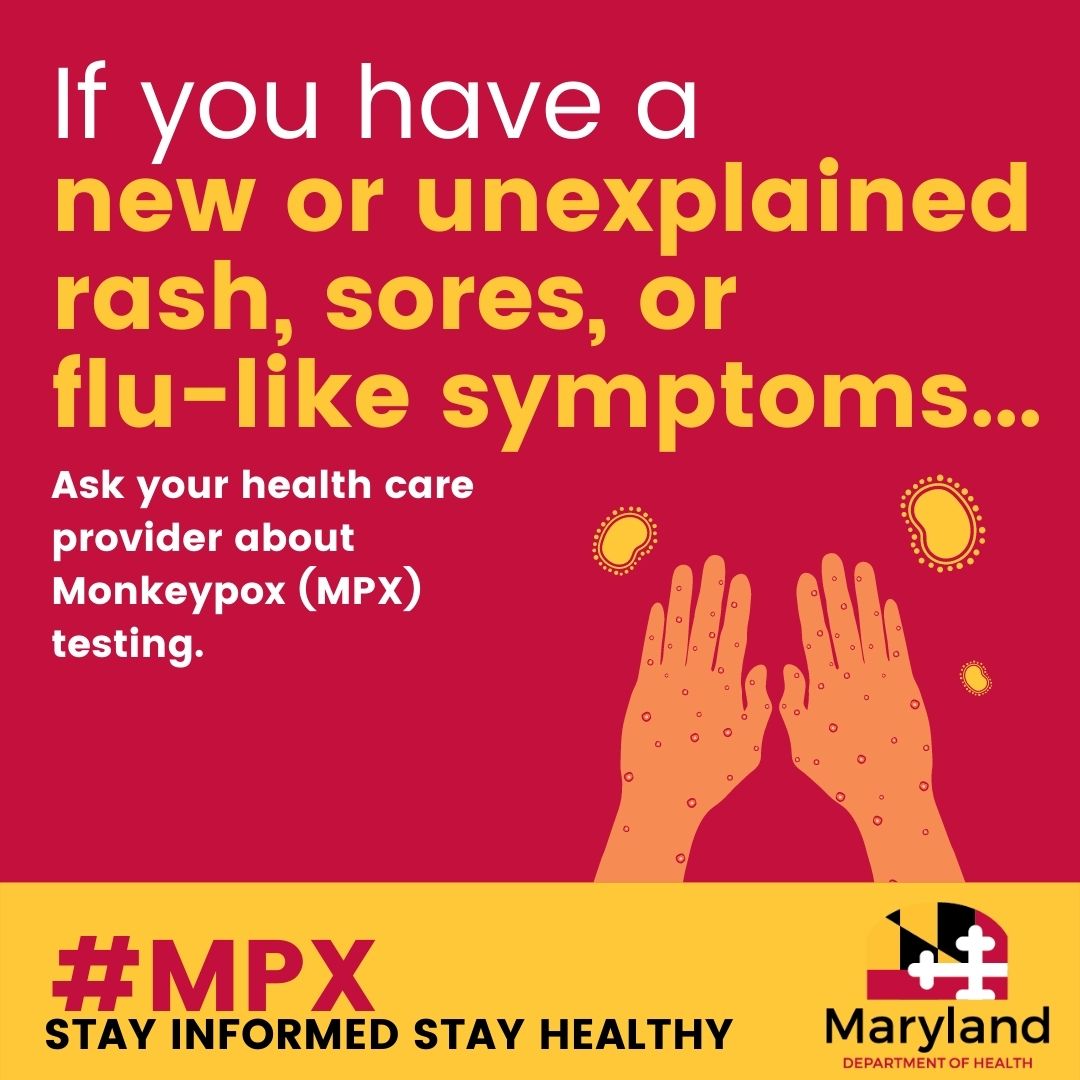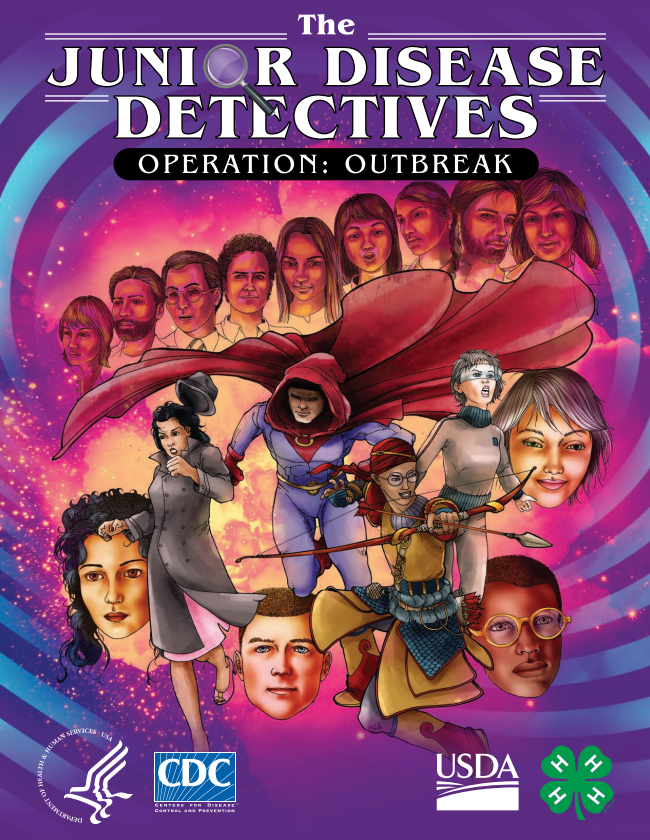
COVID-19 Testing Resources
Library staff have gathered information about various COVID-19 testing resources for customers. Please note that this list does not necessarily include all testing options comprehensively, but is a curated list based on information available through trusted providers and reviewed by staff. Providers have varying requirements for insurance, co-payment, and/or requirement of up front payment for testing. Testing sites that are known to offer free tests are designated.
Library staff are unable to provide medical advice. Please contact your healthcare provider if you have questions about testing or COVID-19.
Homebound Vaccinations
Prince George's County residents who are homebound and unable to travel to a vaccination site may request a visit from the County Health Department's mobile vaccination clinic. Call 311 to submit the request and indicate that you need a homebound vaccination appointment.
County and State Vaccine Clinics
Special Access to Online Resources
The following is a list of online resources that are providing free access during the public health emergency. Be sure to explore the Digital Suite and Online Resources pages for additional content. Visitors to these sites are advised to check the privacy statements of each site and to be cautious about providing personally identifiable information without a clear understanding of how the information will be used. The Library makes no warranty, express or implied, nor assumes any legal liability or responsibility for the accuracy, completeness or usefulness of any information listed here.
Prince George’s County Health Department Coronavirus Hotline: (301) 883-6627
Monkeypox
Monkeypox is a viral disease that can be spread between people or between people and certain animals. It causes flu-like symptoms such as fever and chills, and a rash that can take weeks to clear. There’s no proven treatment for monkeypox, but it usually goes away on its own.


HIV Awareness & Prevention
HIV ( human immunodeficiency virus) is a virus that attacks cells that help the body fight infection, making a person more vulnerable to other infections and diseases. HIV is a sexually transmitted infection (STI). It can also be spread by contact with infected blood and from illicit injection drug use or sharing needles. It can also be spread from mother to child during pregnancy, childbirth, or breastfeeding. Without medication, it may take years before HIV weakens your immune system to the point that you have AIDS. There's no cure for HIV/AIDS, but medications can control the infection and prevent progression of the disease. Antiviral treatments for HIV have reduced AIDS deaths around the world, and international organizations are working to increase the availability of prevention measures and treatment.
Influenza
Flu is a contagious respiratory illness caused by influenza viruses that infect the nose, throat, and sometimes the lungs. Symptoms include fever, chills, a general feeling of weakness and pain in the muscles, and varying degrees of soreness in the head and throughout the body.







